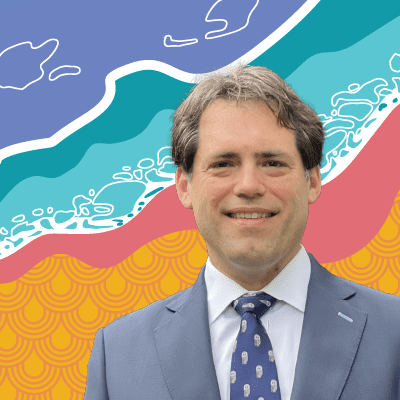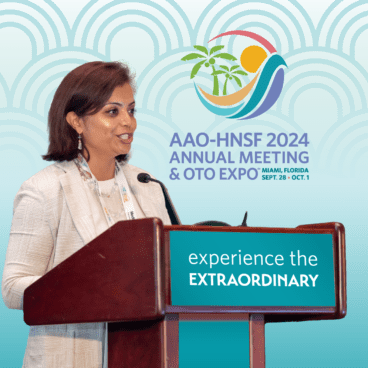
Call for Science Key Dates
| Date | |
|---|---|
| Call for Science Submission Site Opens | December 1, 2023 |
| 2024 Call for Science Submission Site Closes | January 29, 2024 |
| Submissions Reviewed by the Annual Meeting Program Committee | January to April 2024 |
| Submission Status Notifications Sent | May 2024 |
| Late-Breaking Abstracts Submission Period | May 21 to June 10, 2024 |
| Publication of the Annual Meeting Program Abstracts Supplement | November/December 2024 |

A Word from Dr. Chelius
Annual Meeting Program Coordinator, Daniel C. Chelius, Jr., MD, shares more about this year’s new Care Equity, Quality, and Safety Track, updates on the late-breaking scientific submissions, and the importance of diverse community voices.
Submission Categories
10 Tips for Writing
an Effective Proposal or Abstract
- Work Together to Share Diverse Perspectives
If this is your first time submitting, consider reaching out to a mentor who can help you. If you are more experienced, this is a great opportunity to team up with a resident or another colleague who has a fresh voice. - Review the Submission Guidelines Now
The Submission Guidelines offer advice on writing your submission, key dates, submission types, and more helpful information. - Explore the Gap Analysis Topics
Several topics were identified in a comprehensive gap analysis, and clear learning needs have been identified for each of these topics. Abstracts addressing one or more of these topics will be given special consideration during the review and selection process. - Make the Data Clear in Your Abstract
Showcasing your data in the abstract will help your proposal stand out to the reviewers. - Ensure Your Abstract Is Clearly Written
Proofread and edit your abstract. Review for spelling, punctuation, and grammar. As a final check, read your abstract out loud. - Showcase Your Expertise
Reviewers love to see a bibliography that clearly demonstrates publication and presentation history, especially for Expert Lectures. - Use a Valid Email Address
Check with your co-panelists and be sure to use their preferred email address. Make sure each email address accepts emails from entnet.org. If your institution has a strong firewall you may need to have entnet.org added to the allowed list. Consider using a non-institution email if you run into issues. - Complete Your Disclosures
All disclosures must be completed prior to the submission of the abstract. The submission portal has helpful tools to make this step as simple as possible for you and your co-presenters. - Plan Ahead
Don’t wait until the day before the Call for Science deadline to start your submission. - Go for It!
Medical minds from around the world come together each year at the Annual Meeting. Make your mark by submitting an #OTOMTG24 education proposal or scientific abstract.

